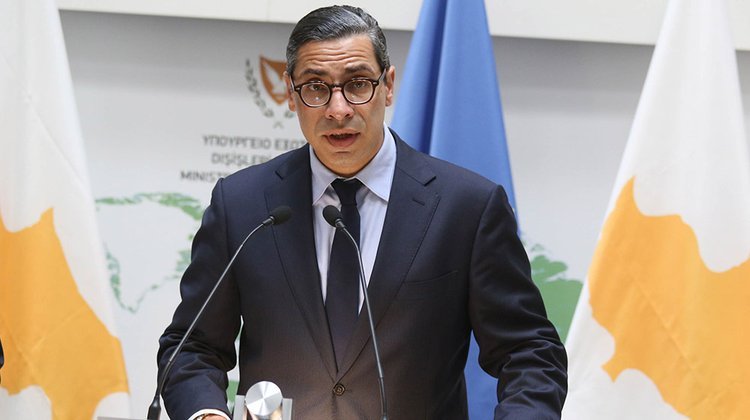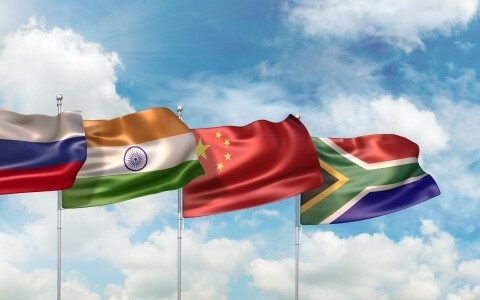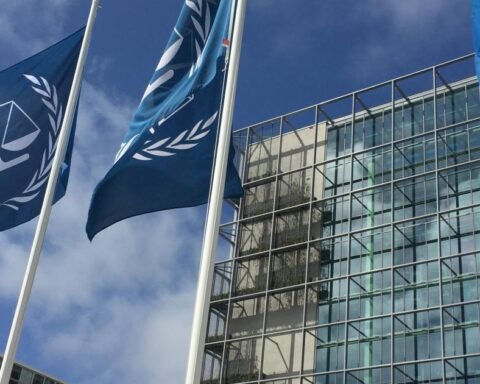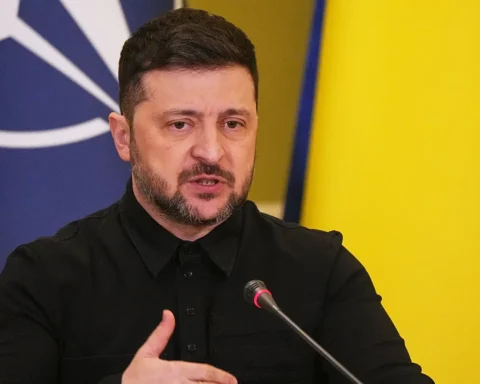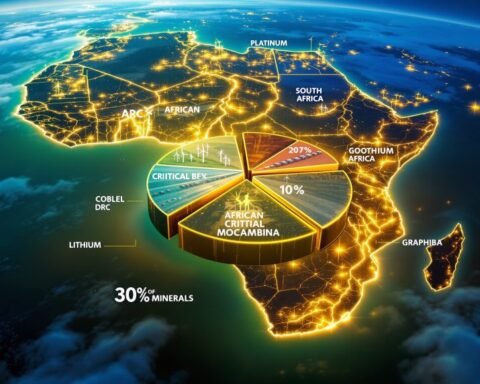Dr. Constantinos Kombos, the Minister of Foreign Affairs of Cyprus, arrived in Tanzania on July 8, 2025, for a three-day official visit.
The visit is being undertaken on behalf of Kaja Kallas, the European Union’s High Representative for Foreign Affairs and Security Policy, who also serves as Vice President of the European Commission.
The purpose of Dr. Kombos’s mission is to strengthen bilateral relations between the European Union (EU) and Tanzania, focusing on democratic governance, economic cooperation, and regional stability under the broader umbrella of the EU’s Global Gateway initiative.
This is one of the most high-profile diplomatic visits from an EU representative in recent years and reflects the growing trust between Brussels and Dodoma.
According to Christine Grau, the EU Ambassador to Tanzania and the East African Community (EAC), “Tanzania is a reliable and stable partner in a region of increasing strategic significance.” Grau emphasized the importance of this visit in solidifying cooperation in governance, trade, infrastructure, and security.
Tanzania and the EU have enjoyed strong diplomatic ties since the mid-1970s. In fact, 2025 marks 50 years of cooperation that has evolved from traditional donor-recipient dynamics into a more balanced partnership involving trade, technical support, digitalisation, and shared regional priorities.
One of the major focuses of Dr. Kombos’s visit is to support preparations for Tanzania’s 2025 General Election, expected to take place in October. As a partner in democracy promotion, the EU has been instrumental in providing election observation missions and governance reform assistance across Africa.
Tanzania’s electoral process is particularly important under the leadership of President Samia Suluhu Hassan, the country’s first female president, who has made transparency, reconciliation, and international cooperation core themes of her presidency since taking office in 2021.
A highlight of the visit is the discussion surrounding the EU’s Global Gateway strategy, launched to rival China’s Belt and Road Initiative. The initiative focuses on creating sustainable infrastructure, renewable energy, and digital transformation partnerships in developing regions.
For Tanzania, this means access to investment opportunities in:
- Green energy, including solar, hydro, and wind projects
- Digital infrastructure to support e-government and fintech
- Agricultural value chains to increase productivity and exports
- Blue economy, utilizing Tanzania’s extensive coastal and marine resources
The EU has committed to investing €150 billion in Africa under this strategy by 2030, making it a cornerstone of the continent’s transition to green and inclusive growth.
Also Read; Tanzania Embarks on Nuclear Energy Future
The EU also sees Tanzania as a strategic player in ensuring peace and stability in the Great Lakes region—an area historically affected by conflict, refugee movements, and geopolitical tensions. Tanzania’s active role in peacekeeping, its hosting of refugees, and its diplomatic credibility position it as a reliable interlocutor in regional diplomacy.
Part of the dialogue is expected to cover security cooperation, counterterrorism efforts, humanitarian assistance, and cross-border stability, especially in light of challenges in the Democratic Republic of the Congo (DRC) and ongoing efforts in South Sudan.
This visit follows recent high-level engagements in Brussels where Tanzanian Foreign Minister Mahmoud Thabit Kombo held talks with EU leadership, including Koen Doens, Director-General of the EU’s Directorate-General for International Partnerships, and Thomas Östros, Vice President of the European Investment Bank.
The outcomes of Dr. Kombos’s current tour are expected to include:
- New trade and development agreements
- Expanded EU funding for infrastructure and education
- Technical support for election institutions and civil society
- A joint roadmap for climate action and youth empowerment

